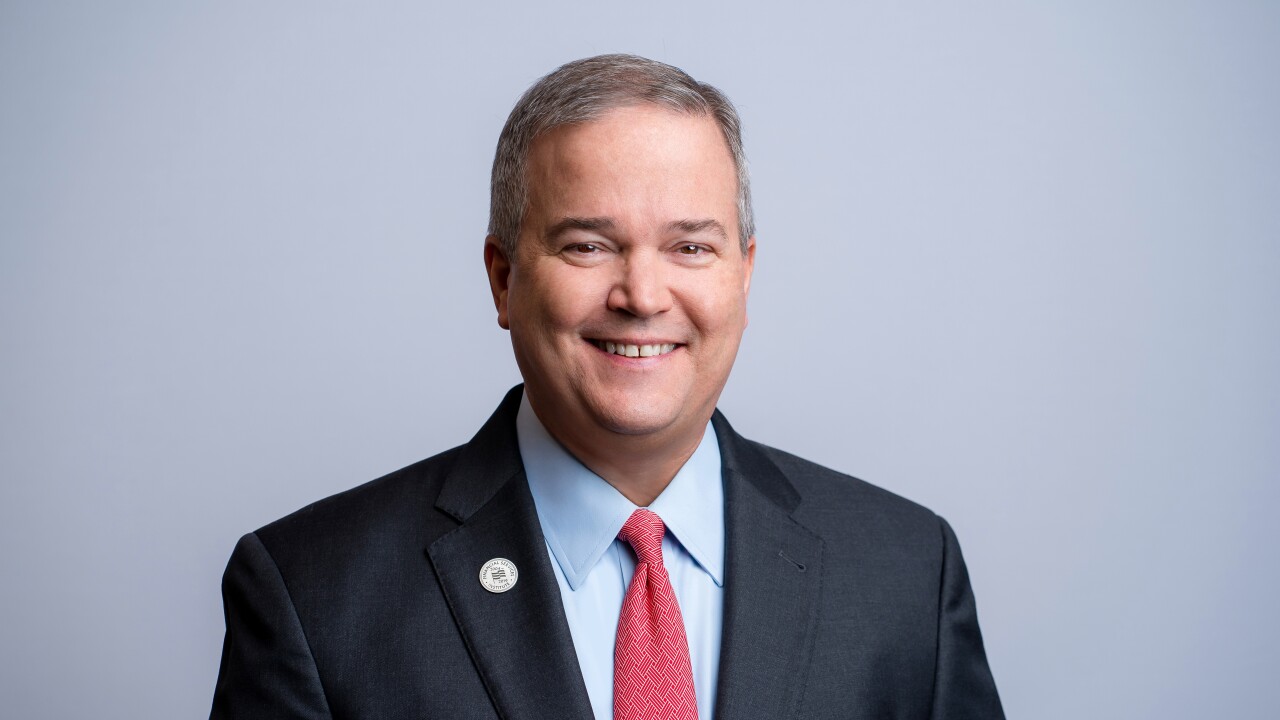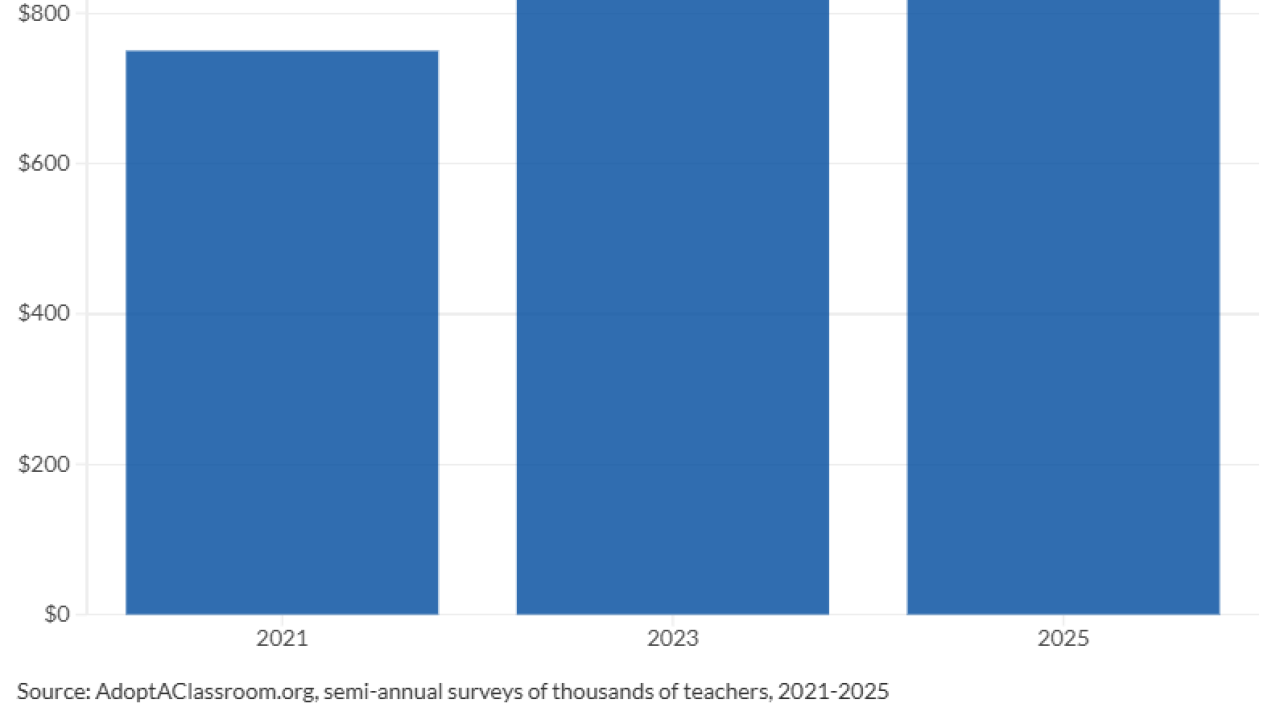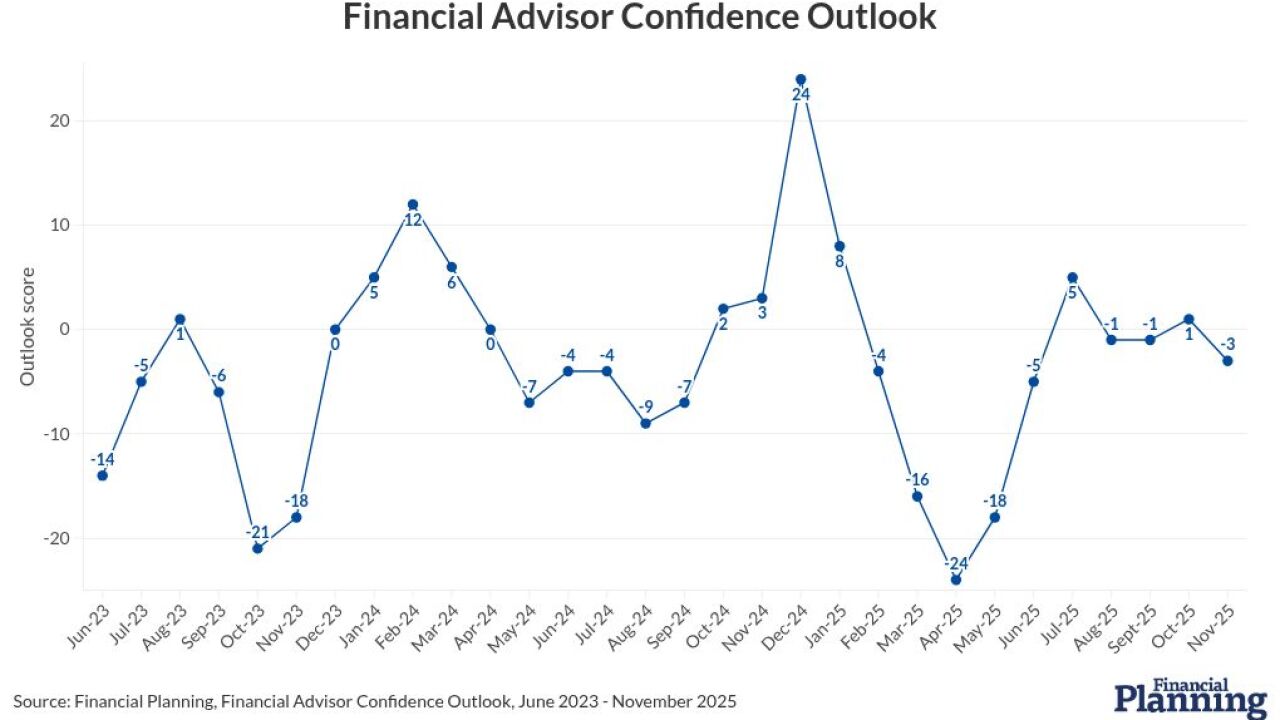
Speeding up software launches, printing educational materials and hiring new staff: These are just a few measures brokerage firms are taking — quickly — to ready themselves to implement the Department of Labor's fiduciary rule.
"Now we are in a real focused escalation time where we are giving advisers specific directions on what they can do to prepare," says Andrew Crowell, vice chairman of D.A. Davidson's Individual Investor Group. "Post Labor Day, we will be providing them with firm-based and third party solutions."
Other firms are accelerating software launches, assembling teams of 100 and prepping educational material for advisers, among other measures.
Kathy Gremillion, head of Fiduciary Strategies at RBC Wealth Management-U.S., a position created in June, says the firm has accelerated its planned launch of new financial planning software to October or November. RBC views having a more comprehensive tool in the hands of advisors as critical, she says.
"Technology is a significant component in terms of how we supervise accounts, and make sure that interactions with client are documented," she says. "There are prohibited transactions by the DoL rule, trades that can't be made going forward, and we have to make sure that we have the ability to prevent those trades from even getting started."
'NOT YOUR PANACEA'
One of several looming quandaries for wealth management leaders is whether to take advantage of the best interest contract exemption in order to be permitted to charge commissions in retirement accounts.
"At this point we do intend to use the BIC," says RBC's Gremillion.
D.A. Davidson's Crowell says his firm is evaluating how and when the BIC exemption can be used by the firm's 400 advisers.
"We expect that we will [use it], but my expectation is that it will be narrowly applied," says Crowell, adding that advisers should not "expect the BIC to be your panacea next year."
Planning for the rule's implementation is in progress at firms across the industry, but many firms have yet to make their plans public. Edward Jones has been one of the exceptions.
Last month, the St. Louis-based brokerage firm, which has over 14,000 advisers, outlined its plans; among other forthcoming changes, Edward Jones will offer a transactional-based IRA under the BIC exemption.
However, the firm will not offer mutual funds and ETFs to clients using those accounts, citing concerns about pricing to explain its reluctance to do so.
"We certainly share the concerns that Edward Jones is raising in that there has to be consistency in the pricing structures," Gremillion says. "But at this point we have not made any decisions similar to what Edward Jones has done."
Crowell says D.A. Davidson is still evaluating legal and business issues involved.
"We haven't made that decision yet because of the complexity of load structures, and pricing and break points," Crowell says. "We've been working with our strategic partners to better understand what changes or share class they might offer so that we might continue to rely on their expert management. I'd say it's a work in progress."
A Morgan Stanley spokesman declined to specify how much the New York firm is spending to be compliance-ready for the rule.
"This is a very large regulatory change, requiring a commensurate, large commitment of attention and resources," the spokesman said.
Large wealth management firms, including Merrill Lynch, Wells Fargo Advisors and Raymond James declined to discuss how they were preparing for the rule and what compliance changes they may make.
Several regional brokerage firms also declined to discuss the topic, citing the pressure of preparing for the rule.
Although several lawsuits brought by business and industry trade groups, including SIFMA and the U.S. Chamber of Commerce, are still pending, few wealth management firms appear to expect any significant changes to the rule before it goes into effect next year.
"Our sense is that little chance that much will change in the given time frame before April 10, 2017," Gremillion says.
'SIGNIFICANT EXPENSE'
Firms are marshalling tremendous resources to be ready for implementation.
Gremillion, who has worked at RBC for the past 14 years, says that the firm has assembled a large team to evaluate the rule and map out the changes that will be needed.
"This in aggregate around 100 individuals who have been engaged since the rule was initially published," she says."
Gremillion declined to specify how much RBC was spending to prepare for the fiduciary rule. But she adds, "I can tell you that it is a significance expense. That translates into hard dollars."
RBC, D.A. Davidson and other firms have begun putting together webinars, conference and other initiatives to bring advisers up to date on changes wrought by the new regulation.
"Initial activity includes educating advisors about the rule (in branch meetings and online) and asking them to review their books to understand where the impacts will be," the Morgan Stanley spokesman says.
He adds that "As the rule is principles-based and not specifically prescriptive in what firms must do to comply, we are continuing to examine the implications for compensation, product suite, etc. and will make those decisions in due course."
The DoL's rule applies to retirement accounts, but wealth management leaders are examining whether to apply a fiduciary standard across all accounts.
Gremillion says that RBC, which has over 1,800 advisers, is examining the situation.
"There is a fair amount of work that is underway," she says, adding that RBC feels "that the changes, while extensive, are in the right direction."
D.A. Davidson's Crowell agrees.
"Anything that puts the client at the center of the universe is important for our industry and for the credibility of the industry."




